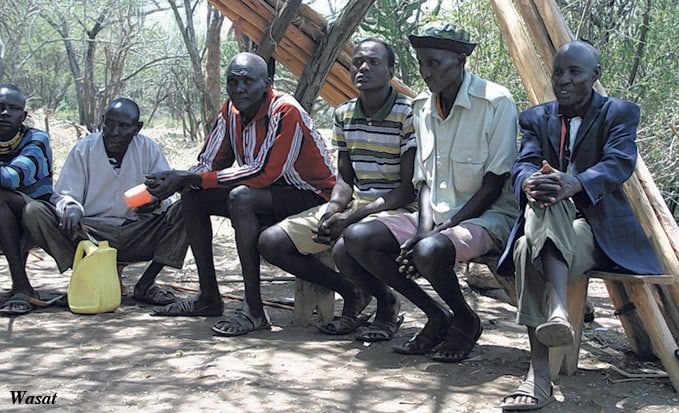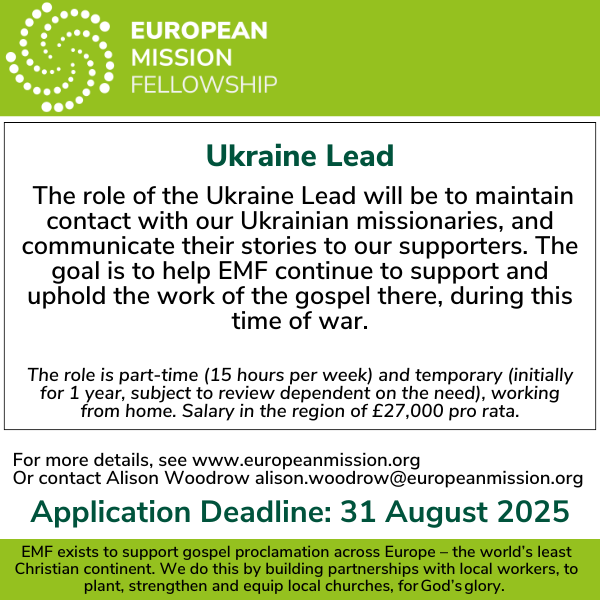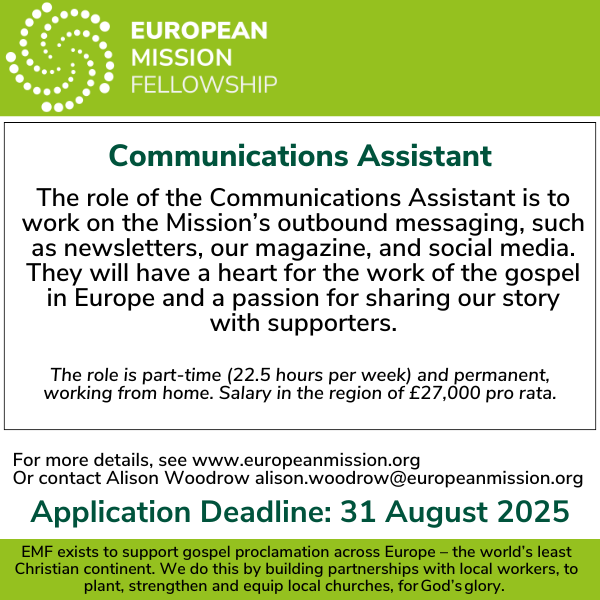It was my privilege at the end of 2013 to be able to return to the area known as Pokot North, in the remote north west of Kenya.
This region is over 12 hours’ drive away from Nairobi, and many of the roads to it are very poor, with some being little more than dirt tracks.
There continues to be little medical care, and the only electricity available is through the recent introduction of solar power. It is very dry and effectively semi-desert. People have to collect their water from a well or river and carry it back to their homes, which could be 2-3 miles away.
Almost everybody lives in mud huts. In the low-lying areas it is not possible to grow crops, and, as the people are pastoral, they look after their cows, goats and sheep. Some have camels. Some people are still semi-nomadic.
Cattle-raiding has been a traditional way of life against the neighbouring tribes, but even though there has been a ‘disarmament process’, raiding continues with the risk of attacks and death.

Education remains basic. The schools still have the poorest of facilities, where some pupils sit on poles in a mud classroom, and where there is an old blackboard. However, the Kenyan government is now starting to erect more permanent brick buildings.
Teaching methods are antiquated and not of good standard. Many schools do not have enough teachers, and teachers are only paid between £25 and £40 per month, depending on their training.
Previous visits
In October 2008 we made our first visit to Wasat, at the request of the people there, to preach the gospel. At that time the government had completely ignored the place. The people had begun to hack a ‘road’ through the bush and, having driven as far as we could, we walked the last couple of miles.
Some of the men sat on their traditional Pokot stools, while the rest sat on branches and the women sat separately on the ground. They had listened attentively as Keith Underhill presented the gospel clearly.
Their priority then was that there should be a church there, where the Word of God would be preached, above the need for a school or anything else. Thanks were expressed to us for coming to preach the gospel for the first time.
Then, in October 2010, I was able to return back with Keith. This time the road had been completed. A school with two classrooms was being built, paid for by the government.
In the late afternoon, we again preached the gospel in the open to about 50 people. It was beginning to get dark and we returned to where we were staying, over rough tracks, arriving back when it was fully dark.
Insecurity
This past October, I was able to make a third trip back to Wasat. After a long day of walking, visiting a sponsored school and believers, we began a 3-hour drive over the rough roads, half of it in the pitch dark. It was 8.15pm when we arrived and the people had thought we were not coming, as it was so late.
A permanent structure of three classrooms has been built, and it was in one of those that we were able to sleep over the two nights we were there. After eating, we started a late night meeting at 10.40pm, with about 30 people present in the moonlight when the message was on ‘Giving thanks for the day’.
The next morning at 6.30am we were awoken by a very loud bird. Later that morning the men were gathered together under a tree. There had been a raid a couple of weeks earlier, and there was a sense of insecurity, so much so that an armed guard had been sent to the area.
They wanted to know how they can protect themselves, now that they are Christians and have left the old ways. The answer is in the preaching of the gospel; not to take revenge. They responded that, if they do that, the enemy will think that they are weak and will attack again and again, and will take their animals and maybe kill their sons.
The answer is that God could have taken his revenge on us for our sin, but instead he sent his Son who was killed, even though he had done no wrong.
Witness
The discussion continued for some time. Here is the great challenge of the gospel and its willingness to suffer for the gospel’s sake. How much are we in Britain prepared to suffer for the sake of the gospel?
After eating a chapatti and beans, we began an afternoon meeting with about 80 present, addressing misunderstandings and false teachings concerning the Holy Spirit. At 9.45pm we had another late night meeting, based on Ephesians 6.
At 10.00am the next day and, after walking nearly an hour, we arrived at a new place called Kwirir, where about 100 people live. Some of the people here had become Christians because of the witness of the believers at Wasat, and through seeing how the lives of people in Wasat had been changed.
When asked why they wanted us to come that day, the people replied that it was because they wanted to hear the Word of God, and for peace. Much could be said about that visit, but the gospel was preached, using John 3:16, to about 20 adults and also children.
How encouraging it is that the gospel is being preached in new places in these days, that people are being saved, and that the people themselves are taking the gospel to their own people, not only in Pokot, but in places like Papua New Guinea. What about the UK?
Cliff Barton
The author is a trustee of the registered charity TRAIN(Kenya). He can be contacted by writing to
train@trinitybaptistkenya.org






